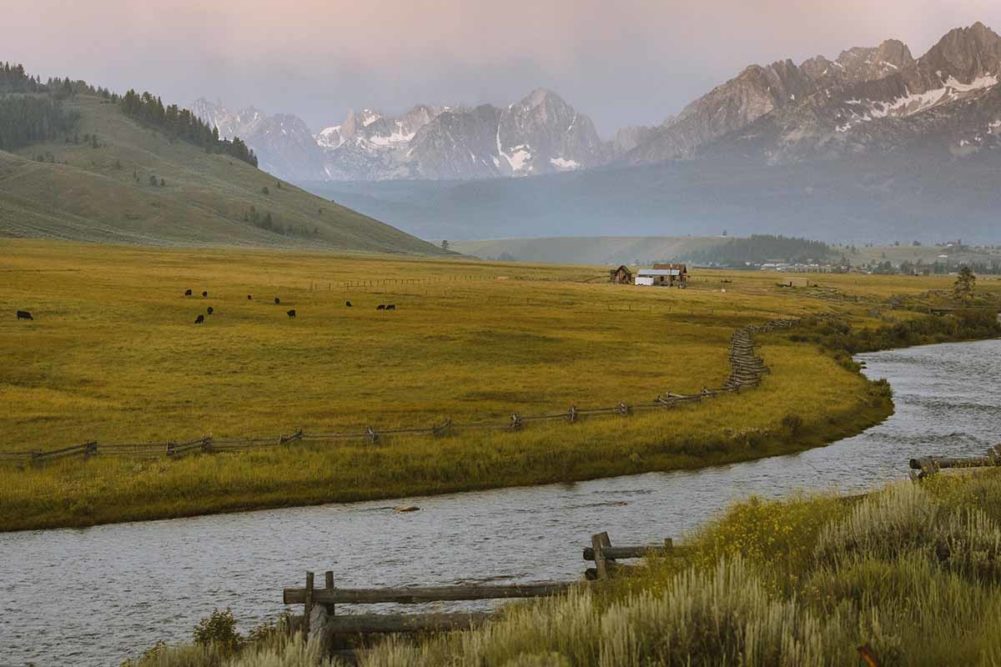IRVINE, CALIF. — Taco Bell, Cargill and the National Fish and Wildlife Foundation announced on May 2 a joint effort to focus on improving conservation and regenerative agriculture practices across cattle grazing lands.
Cargill and Taco Bell confirmed they would allocate $2 million and leverage up to $2 million in federal funds for $4 million in new grants in the next four years.
The partnership plans to conserve and restore tens of thousands of acres to benefit wildlife while giving cattle more grazing land.
The program will impact local organizations and communities across the Rocky Mountains including, Colorado, Idaho, Montana, Nevada, Oregon, Utah and Wyoming.
The money will support beef producers with technical and financial tools to expand regenerative ranching practices, from conserving grassland ecosystems to improving river water quality and biodiversity.
“We’re all about democratizing access to quality, flavorful meals at an affordable price,” said Missy Schaaphok, director of global nutrition and sustainability at Taco Bell. “What people don’t see directly on our menu is how we also prioritize sustainability just as much as craveability.”
Taco Bell added that these grants are part of their parent company’s (Yum! Brands) broader climate efforts to reduce greenhouse gas emissions by nearly 50% by 2030.
Cargill, a long-time beef supplier to Taco Bell, said it is a priority for the company to support this initiative.
“At Cargill, we pride ourselves on connecting our customers to partners such as NFWF that can help drive sustainability efforts starting with nature and the rancher,” said Jeffrey Fitzpatrick, BeefUp Sustainability Program lead at Cargill. “As beef is a beloved ingredient at Taco Bell, it’s our job as their trusted supplier to encourage and support efforts that increase the sustainability of the supply chain through investment and collaboration.”
Organizations that want to implement regenerative agricultural practices to support ranchers can submit applications to the project until Aug. 3. The projects are expected to begin in 2024.


